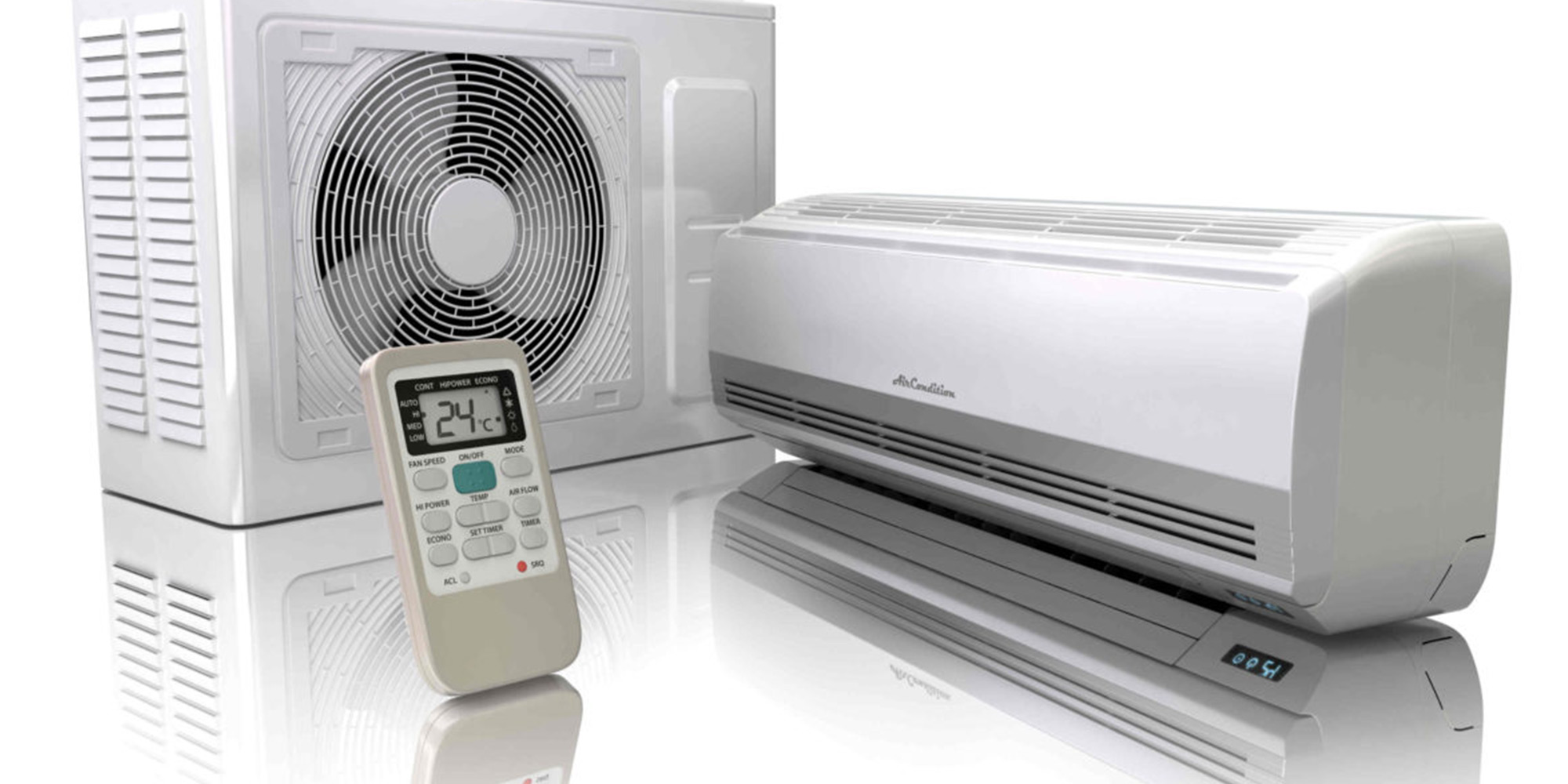Choosing the right size HVAC unit for your home or building is an important decision that affects both the comfort and efficiency of your living space. It’s essential to select a unit that meets your needs while avoiding a system that is too powerful or underpowered, as this can lead to costly energy bills and other problems. With the right information and guidance, however, you can make an informed choice of a suitable HVAC unit that will provide reliable performance for years to come.
Room Size & Layout Considerations
When considering how to choose the right size HVAC unit for your home or building, room size and layout are essential factors. It is important to have a good understanding of the space you are trying to heat or cool. The area should be measured accurately and thoroughly considered when selecting an HVAC system. Knowing the square footage, ceiling height, and type of insulation will ensure that you select a unit with enough power for your needs.
Another factor to consider is ventilation requirements; will additional vents need to be installed in order to accommodate more airflow? Are there windows or doors which might affect air circulation? All these considerations make it essential that you take accurate measurements before choosing an HVAC system. With this information in hand, you can be sure that you’ll have chosen a unit capable of meeting all your needs efficiently and cost-effectively.
Efficiency Ratings
One factor to consider when making your selection is efficiency ratings. Efficiency ratings measure how much energy a system uses per hour compared with the amount of heat or cool air it produces. The higher the rating, the less energy consumption and lower monthly utility bills you can expect from that particular model. In addition to its energy efficiency, you should also look at noise levels and warranty details when making your final decision on which system to choose. With a combination of these factors in mind, you’ll be able to select an HVAC unit that fits both your budget and comfort needs.
Manual J Calculations
Manual J calculations are the cornerstone of accurately selecting the right size HVAC unit for any home or building. Developed by the Air Conditioning Contractors of America (ACCA), Manual J is used to determine how much cooling and heating capacity a particular space needs in order to maintain comfortable temperatures throughout all seasons. This calculation takes into account an array of factors, such as window placement, climate, insulation levels, room size and occupancy. Knowing how much energy a space need is essential for choosing the correct size HVAC system – one that won’t be too powerful or too weak for the given area. An oversized system won’t deliver increased comfort, and it can lead to excessive energy use and higher utility bills. On the other hand, an undersized system won’t provide enough heat or cooling power to keep occupants comfortable during extreme weather days or longer periods.
Heat Loads & Airflow Requirements
When it comes to choosing the right size HVAC unit for your home or building, understanding heat loads and airflow requirements is essential. Heat load is an important factor because it helps determine how much cooling energy a space requires. The amount of air that moves through a building—airflow—also affects the load on an HVAC system. It’s important to consider both heat loads and airflow when selecting an HVAC unit so you can make sure your investment will be worth the cost.
Professional Installation
When it comes to selecting the right size HVAC unit for your home or building, professional installation is a must. Not only will they ensure that you get the correct size and model of the system, but they’ll also make sure that it’s properly installed so there are no issues down the line. Twin City Heating, Air installers understand all of the components involved in an HVAC system and can identify any potential problems before they occur. An incorrectly sized HVAC unit can lead to major energy losses and other mechanical issues, which will cost more in repair bills than any money saved on a smaller unit. Our HVAC Blaine MN experts have extensive knowledge of heating and cooling systems, as well as local codes, regulations and safety requirements.
Conclusion
At the conclusion of this article, readers should have a better understanding of how to choose the right size HVAC unit for their home or building. The size and capacity of an HVAC system will depend on several factors, including the square footage of the building, the local climate, and any special needs that may be required. It is important to do your research before settling on a particular system, as many elements must be taken into consideration in order to determine which unit would be most suitable.
It is also beneficial to consult with a professional who has expertise in this area. They can provide valuable advice regarding various types of systems that are available and help you determine which one is best suited for your situation. Finally, it is always important to remember that all HVAC units require regular maintenance in order to ensure they are operating at peak efficiency.
